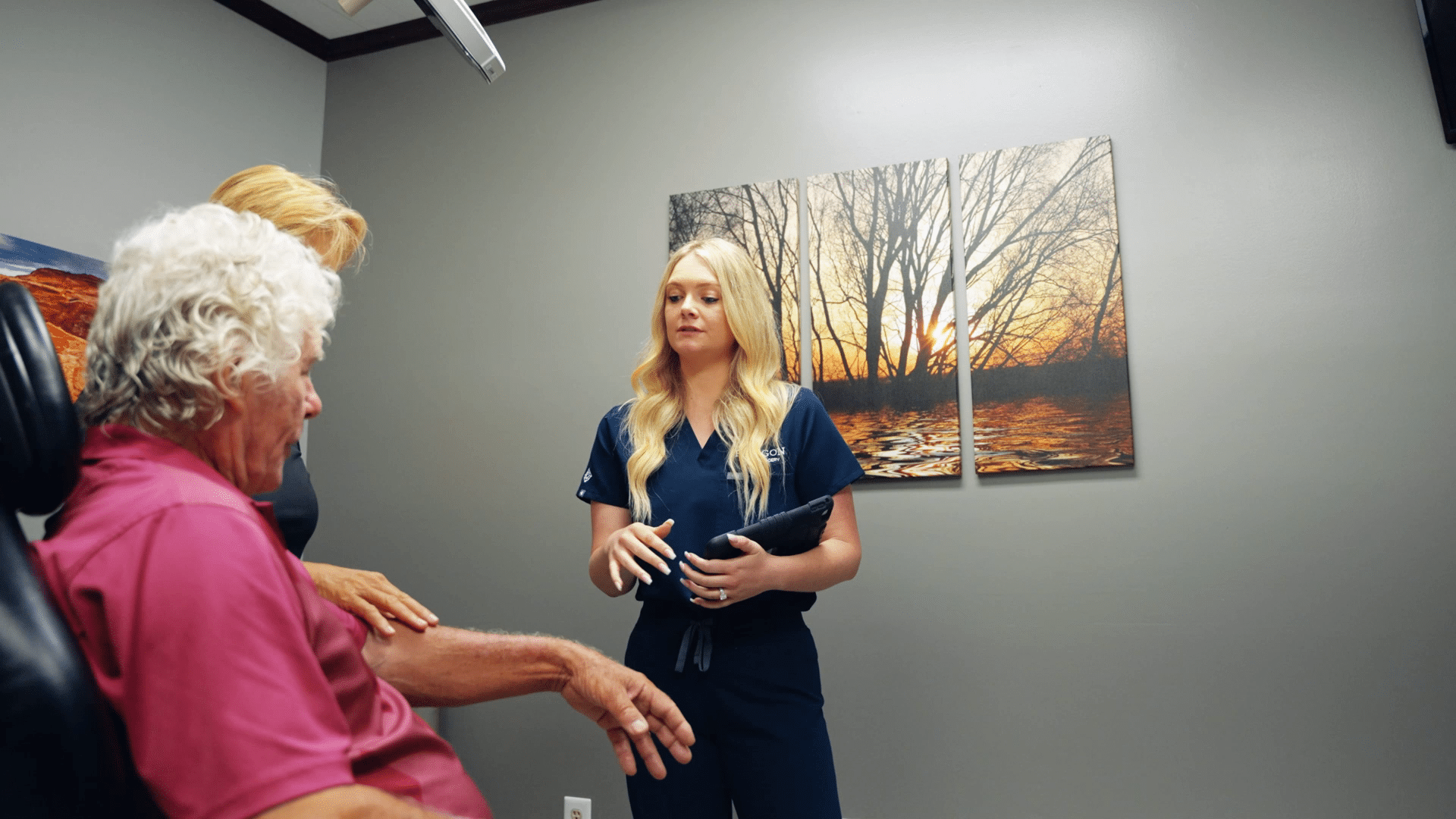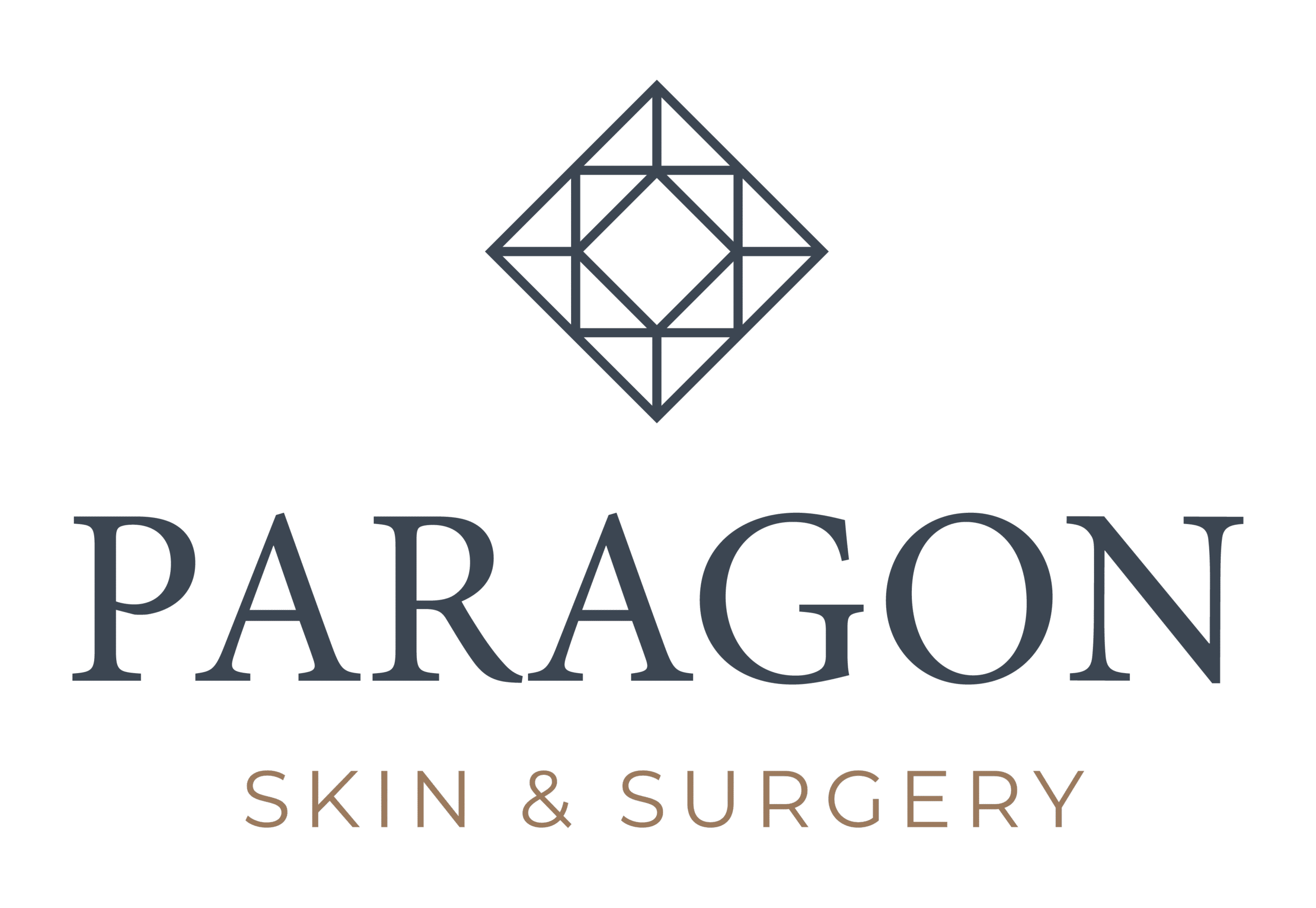
Detect Early, Treat Effectively

Detect Early, Treat Effectively
Skin cancer is the most commonly diagnosed cancer in the U.S., with more than 3.5 million cases of non-melanoma skin cancer and over 200,000 melanomas diagnosed each year. Early detection is crucial: for melanoma, the five-year survival rate reaches nearly 99% when found early. Skin cancer screenings can literally be life-saving they help catch these cancers when treatment is much simpler and more effective
Why Regular Exams Matter
Subtle signs hidden in plain sight
Catch pre-cancers before they spread
Tailored screening schedules
Self Exams: Your First Line of Defense
Dermatologists advise patients to examine hard-to-see spots such as back, scalp, hands, feet between professional visits


Professional Evaluation
Comprehensive & Precise
Review your personal and family skin cancer history.
Perform a full-body examination, using magnification and dermoscopy.
Document moles with dermatoscopes or photos for future comparison.
Perform biopsy of any suspicious areas for definitive diagnosis.
Early Detection = Less Aggressive Treatment
When skin cancer is caught early:
- Safer, less invasive treatments – you can avoid chemotherapy or radiation.
- The emotional and financial burden is significantly lower.
- Melanoma becomes much less lethal because survival plummets if detection is delayed.

Who Should Be Screened?
Empower Your Skin Health
- Schedule your baseline exam ideally in your 20s or 30s and discuss a plan that fits your risk profile.
- Learn self exam techniques, including how to use mirrors, check hidden areas, and spot ABCDE signs.
- Use of UV protection like daily sunscreen, hats, clothing and shade aren’t just empty recommendations, they are preventative medicine.

At Paragon Skin & Surgery,
We Prioritize Early Detection
Our mission is to identify skin cancers early when they are most treatable. Regular screenings not only preserve health but also empower patients with peace of mind. If you spot anything new, changing, or concerning, don’t wait schedule an exam today.


